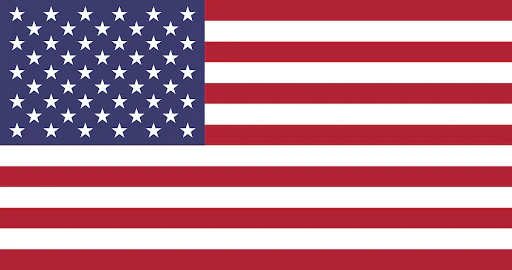Tip for Exercising Outside With Spring Allergies
The sun is shining bright, the wind is breezing, leaves are turning green, and flowers are blooming. While you are still staying at home. The only thing that hampers you from going out is the spring allergies, which can bring you much trouble. But who can resist the temptation of going out for some exercise on such flowery and cozy days? It would be too pitiful not to do. Is there any way to protect yourself from spring allergies for outdoor exercises? Of course, the answer is yes.
Identify the allergen:
Spring allergies can be caused by many factors, including pollen, mold, dust mites, pollution, etc. Pollen is the major cause of spring allergies outdoors. Knowing what our enemy is, next we just need to figure out how to reduce contact with it.
Check the pollen count:
Check the pollen count before heading out, and plan your workout accordingly. You can find this information on weather channels and various websites. Pollen counts are typically highest in the early morning and evening, so consider exercising during midday when pollen counts are lower. In addition, according to the National Institute of Allergy and Infectious Diseases, pollen is usually at its peak levels during warm, dry, and windy weather as the pollen can be easily carried away and spread into the air by the wind. So plan your outing on a cooler, damper day with no wind.
Wear protective gear:
Most spring allergies are caused by inhalation of pollen and other particles. Wearing a mask or a silk scarf to cover your mouth and nose to filter out pollen and other allergens can help reduce the chance of allergies to a great extent. Additionally, wear sunglasses to protect your eyes from direct contact with allergens. And don’t forget about your hair. Pollen can stick to your hair and keeps irritating you, especially if you don’t wash your hair every day. So wear a hat.
Choose the right location:
Exercise in areas with less pollen, such as the beach or areas with less vegetation. Also avoid areas with freshly cut grass or blooming flowers, as they can release more pollen into the air.
Shorten your workouts:
If you have to work out when the pollen counts are not promising, consider shortening your workouts to reduce your exposure to allergens. Try interval training or high-intensity workouts that can be done in short bursts. You can also do warm-up exercises indoors before heading outside. This can save you much time and help avoid inhaling a large amount of pollen.
Cleaning:
After exercising, it’s necessary to take a shower and change clothes to remove any pollen that may have accumulated on your skin and clothes. Otherwise, you may suffer from constant irritation for a long time. And we suggest you do the cleaning right after going back home. You don’t want to spread that pollen around your home on the bedding and furniture.
Take allergy medication:
Take allergy medication before exercising to minimize symptoms. Antihistamines can help relieve itching, sneezing, and runny nose, while nasal steroids can reduce inflammation in the nasal passages. However, many allergy medicines make you feel tired and may affect your exercise. You can work with your healthcare provider to see if there is any better option.
Improve overall health:
Basic work always helps. A balanced diet and regular schedule can benefit you not only in preventing allergies. A good health condition is always your best protection in any situation.
Portable oxygen concentrator:
Oxygen therapy is a good choice to help with severe symptoms by introducing supplemental oxygen. You can have better breathing quality and feel relieved from chest tightness or shortness of breath. If you fear that spring allergies may come to you during an outing, you can bring a portable oxygen concentrator with you for emergencies.
By taking these precautions, you can exercise outside with spring allergies and still enjoy the benefits of outdoor workouts. However, if your allergies are severe, you may need to consider indoor workouts or consult with a healthcare professional for additional treatment options.












Dejar un comentario